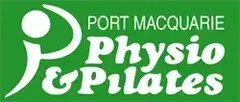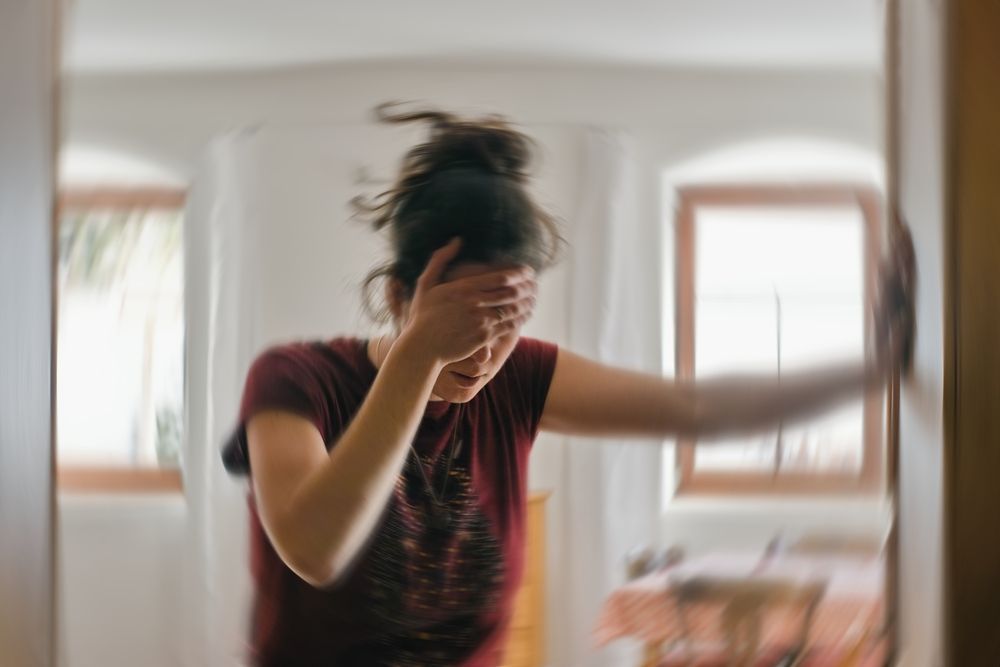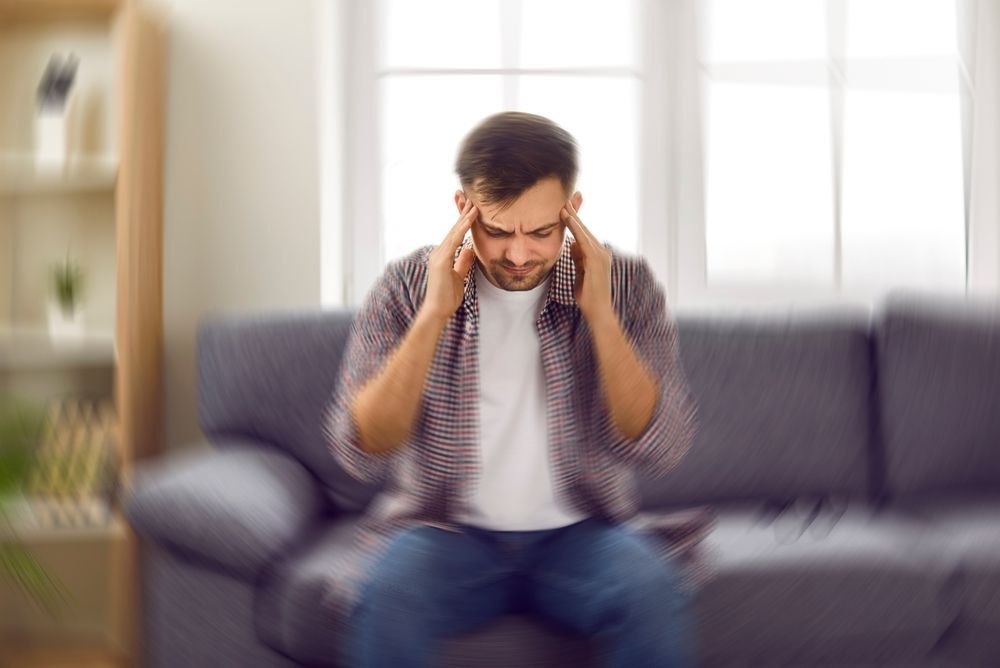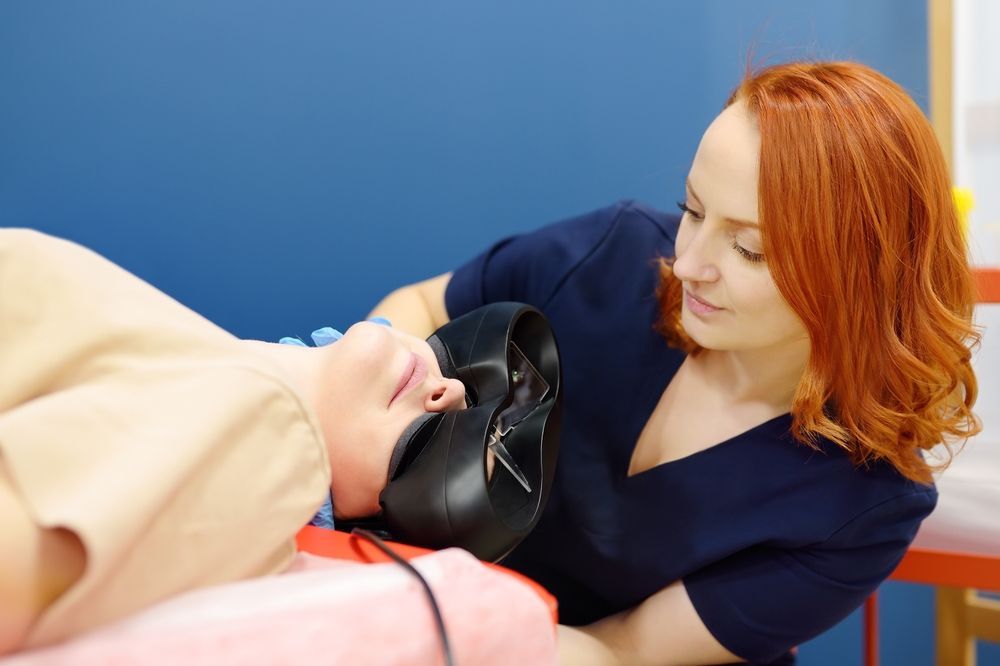Get in touch
555-555-5555
mymail@mailservice.com
Manage Vestibular Issues & Vertigo in Port Macquarie
NO REFERRAL NEEDED
FLEXIBLE APPOINTMENT OPTIONS
BUPA-PREFERRED PROVIDER
Medibank Preferred Provider
Regain Your Balance
Struggling with vertigo or dizziness can make everyday activities feel unpredictable and exhausting. When your balance is off, even simple tasks like walking, driving or turning your head can trigger unsettling sensations.
Vertigo and vestibular disorders stem from issues in the inner ear, disrupting your body's ability to maintain stability. The good news? Targeted physiotherapy from Port Macquarie Physio & Pilates can help retrain your vestibular system, reducing symptoms and improving your confidence in movement.
Through vestibular rehabilitation exercises and balance training, we can guide you toward steadier footing and greater control over your symptoms. Whether your vertigo is caused by BPPV, vestibular neuritis, Meniere’s disease or a past injury, we tailor treatment to suit your needs. Port Macquarie Physio & Pilates is here to help you find relief. Call (02) 6583 9337 to learn more.
Supporting Your Health, One Step at a Time
Restore Stability & Confidence
Dizziness, imbalance and vertigo don’t have to dictate your daily life. At Port Macquarie Physio & Pilates, we use evidence based physiotherapy techniques which can retrain your brain and body, improving coordination and reducing the frequency of dizzy spells.
Vestibular rehabilitation therapy (VRT) is a targeted approach that encourages your body to adapt and regain control, using exercises designed to improve balance, eye movement coordination and spatial awareness. Many clients notice significant improvements in just a few sessions, allowing them to get back to their normal activities with more confidence.
Whether you’re recovering from an inner ear infection, experiencing post-concussion dizziness or struggling with persistent vertigo, we can create a personalised treatment plan that can help you move freely again.
Frequently Asked Questions
-
What are the most common causes of vertigo?
Vertigo is most commonly caused by inner ear disorders such as:
- Benign Paroxysmal Positional Vertigo (BPPV): The most common cause, triggered by tiny calcium particles shifting in the inner ear.
- Meniere’s Disease: A condition involving fluid buildup in the inner ear, often linked to hearing loss and tinnitus.
- Vestibular Neuritis or Labyrinthitis: Inflammation of the inner ear, often due to viral infections, leading to sudden vertigo.
- Migraines: Some people experience vestibular migraines, which can cause vertigo even without a headache.
-
Can vertigo go away on its own or do I need treatment?
It depends on the cause. Some cases of vertigo like BPPV can improve with specific head movements such as the Epley manoeuvre, while others, like Meniere’s disease, may require ongoing management. If vertigo is persistent, severe or affecting daily life, it’s best to see a GP or physiotherapist specialising in vestibular rehabilitation.
-
How is vertigo diagnosed?
A doctor or specialist (such as an ENT or neurologist) will assess your symptoms, medical history and perform balance tests. Common diagnostic tests include:
- Dix-Hallpike Test: A quick test to check for BPPV.
- Vestibular Function Tests: Includes tests like videonystagmography (VNG) or caloric testing to examine inner ear function.
- Hearing Tests: Since inner ear disorders can affect hearing, audiology tests may be done.
-
What treatments are available for vertigo and vestibular disorders?
Treatment depends on the underlying cause but may include:
- Vestibular Rehabilitation Therapy (VRT): A type of physiotherapy that retrains the brain to compensate for balance issues.
- Canalith Repositioning (Epley Manoeuvre): A series of head movements to reposition loose particles in the inner ear (effective for BPPV).
- Medication: Some conditions may require short-term use of anti-nausea or vestibular suppressant medications.
- Lifestyle Changes: Reducing salt intake (for Meniere’s disease), staying hydrated and managing stress can help minimise symptoms.
Site Links
What We Do
Physiotherapy
Treatments
Trading Hours
- Monday
- -
- Tuesday
- -
- Wednesday
- -
- Thursday
- -
- Friday
- -
- Saturday
- Closed
- Sunday
- Closed
Get In Touch
Australian Physiotherapy Association of Australia (APAA)
















